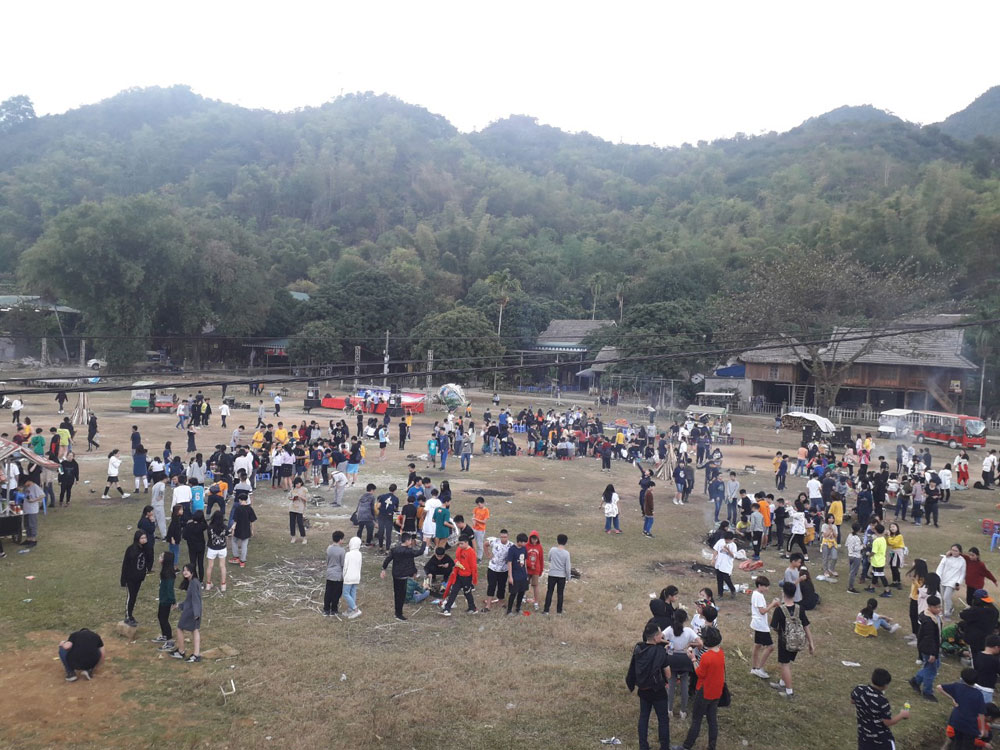


 Chieng Chau commune is set to be expanded to
meet criteria of Type IV urban area.
Chieng Chau commune is set to be expanded to
meet criteria of Type IV urban area.
The programme sets a target to have Mai Chau township and the two neighbouring communes of Chieng Chau and Tong Dau meeting criteria of Type IV urban area by 2025. With a vision to 2030, it aims to improve fulfilled targets of Type IV and allocate fund to build urban infrastructure.
The plan to build more urban areas is to be adjusted in tandem with criteria on the population size. Realised targets will have been further bolstered after 2030, striving to upgrade Mai Chau into a town.
In terms of the roadmap for investment, the province will focus on building Mai Chau in keeping with criteria for Type IV urban area. Establishments for education, health care, culture, commerce and services, and sports activities will be built, as well as growing trees, prioritising educational facilities.
The district’s culture house will be upgraded while a public administrative centre and urban development zones are due to be completed.
The technical infrastructure network comprising of transportation, electricity, water and solid waste treatment will be built, upgraded and expanded.
The repair of National Road 15 crossing through Mai Chau township will be prioritised, and so will the transport system.
The province plans to build a new water supply and treatment system, residential areas serving site clearance, and public spaces, while public works will be improved.
In the 2026-30 period, expanded urban areas are projected to be further developed to the north, south and southwest. New residential areas linking with existing and functional ones will be improved, and urban infrastructure completed.
The current Mai Chau township, which is also the core of the urban area, spans 1,129 ha. The forecast dilated area in the south is now the 1,129-ha Chieng Chau commune while in the north, the Tong Dau commune covers 2.031 ha./.